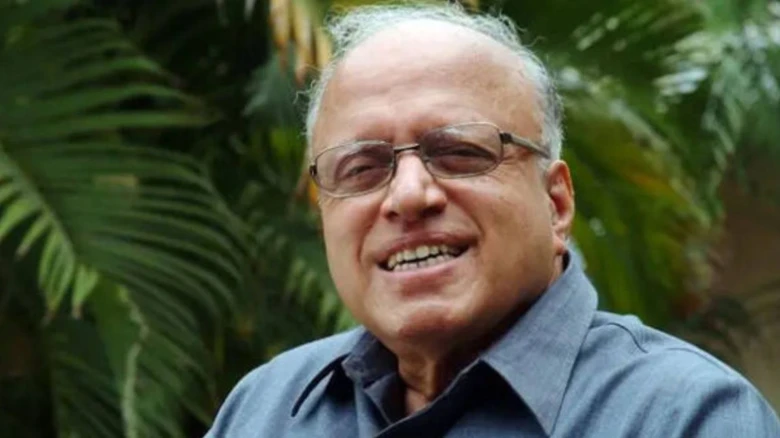Through the creation and introduction of high-yielding wheat and rice varieties, Swaminathan greatly boosted the amount of food grain produced in India.
Digital Desk: M.S. Swaminathan, a renowned agricultural scientist from India who was a key figure in the country's Green Revolution, died on Thursday at the age of 98.
The United Nations Environment Programme named Swaminathan the "Father of Economic Ecology" for his pioneering work in the 1960s and 1970s that altered Indian agriculture, preventing major famine and enabling the nation to become self-sufficient in food production.
Through the creation and introduction of high-yielding wheat and rice varieties, Swaminathan greatly boosted the amount of food grain produced in India.
His innovative approach to agriculture, which fused cutting-edge scientific methods with a thorough comprehension of regional realities and requirements, improved the lives of several low-income farmers and helped the country's economy thrive.
The first World Food Prize was given to Swaminathan in 1987 in honour of his enormous efforts. He furthered his dedication to inclusive and sustainable farming practices by using the prize money to found the MS Swaminathan Research Foundation in Chennai.
The Ramon Magsaysay Award from 1971 and the Albert Einstein World Science Award from 1986 are just a couple of his other noteworthy honours.
Beyond his work in India, Swaminathan was a significant player on the international stage who supported numerous environmental and agricultural projects. His wide-ranging influence was recognised when he was designated one of Time magazine's top 20 Asians of the 20th century.
Soumya, Madhura, and Nitya, the couple's three daughters, are left to go on without Swaminathan.
With his demise, an era in Indian agriculture came to an end.

Leave A Comment